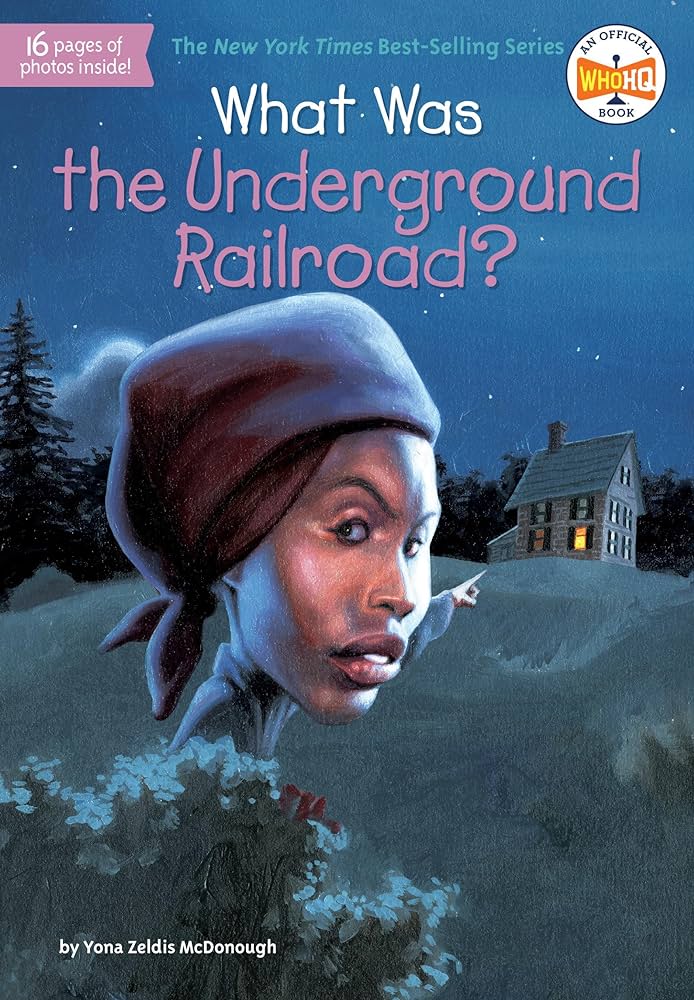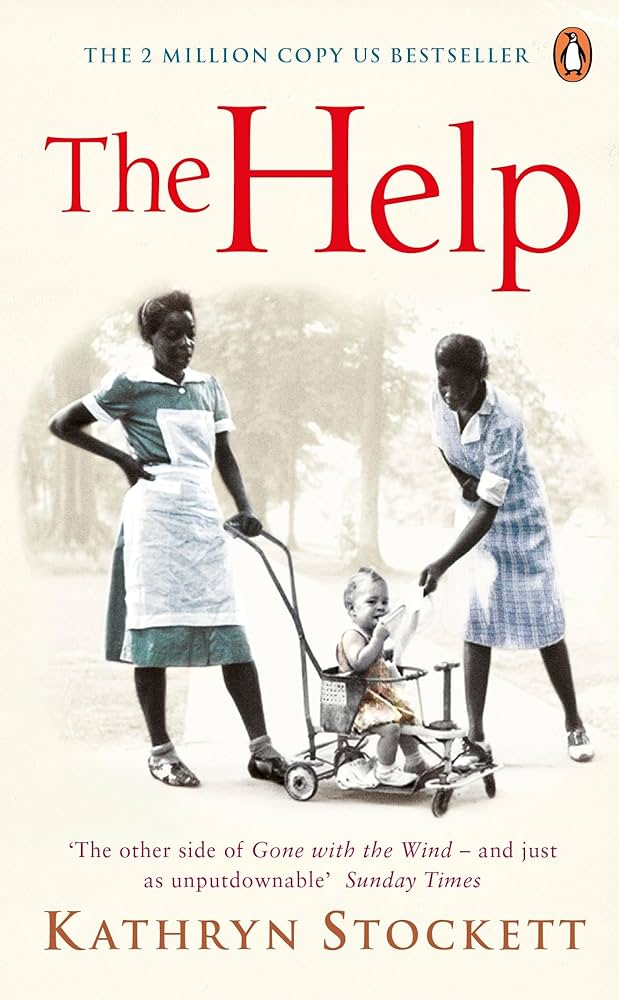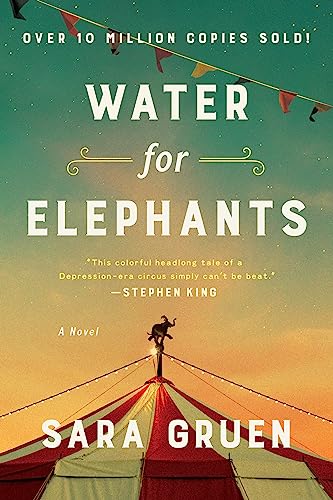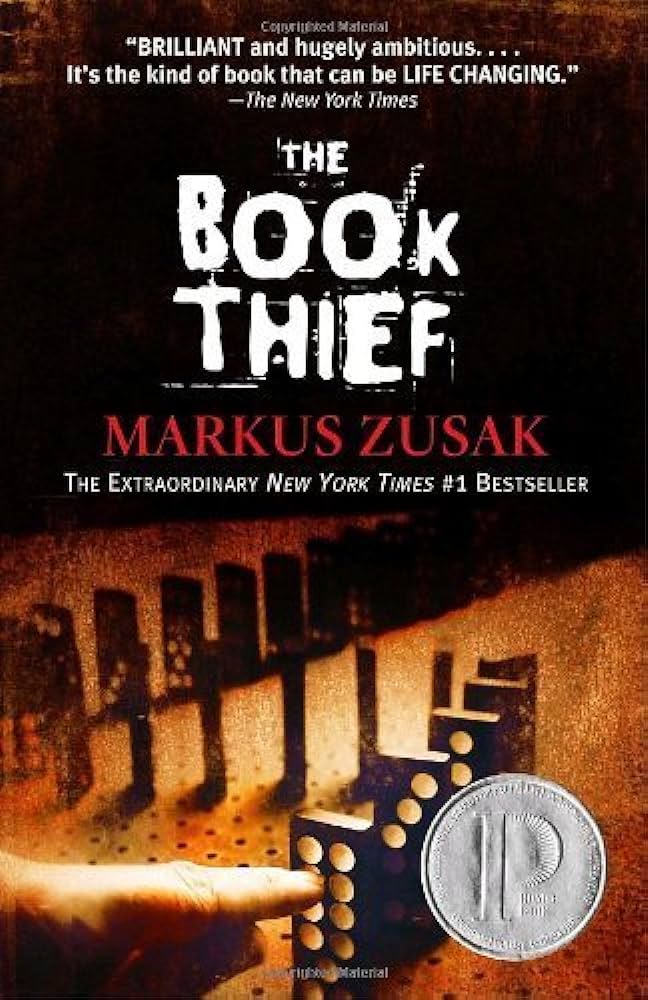 Introduction:
Introduction:
Stepping into the pages of “The Underground Railroad” by Colson Whitehead is like embarking on an odyssey through the darkest corners of America’s history of slavery. As I immersed myself in this haunting and powerful novel, I found myself swept away by its raw honesty, searing imagery, and unflinching exploration of the human spirit’s quest for freedom and dignity.
Character Analysis:
At the heart of “The Underground Railroad” lies the remarkable story of Cora, a young slave on a Georgia plantation who embarks on a perilous journey to escape bondage and find freedom. Through Whitehead’s evocative prose, Cora emerges as a symbol of resilience, courage, and defiance in the face of unspeakable cruelty. From her harrowing experiences on the plantation to her encounters with fellow escapees and abolitionists, Cora’s journey is a testament to the indomitable human spirit and the power of hope to triumph over despair.
Exploration of Themes:
One of the novel’s greatest strengths lies in its exploration of themes such as freedom, justice, and the legacy of slavery in America. Whitehead deftly navigates these complex issues with sensitivity and nuance, inviting readers to confront the brutal realities of America’s past and to reflect on the ways in which they continue to shape the present. Through Cora’s experiences, the novel offers a searing indictment of the dehumanizing effects of slavery and the enduring legacy of racism in America, while also celebrating the resilience and courage of those who dared to resist.
Narrative Style:
Whitehead’s narrative style is both lyrical and visceral, drawing readers into Cora’s world with vivid descriptions and haunting imagery. Through a series of alternating perspectives and timelines, he skillfully brings to life the interconnected stories of Cora and the characters she encounters on her journey. With its blend of historical detail, emotional depth, and compelling storytelling, “The Underground Railroad” is a novel that resonates long after the final page is turned, leaving readers with a profound appreciation for the enduring power of hope and the human spirit’s capacity for resilience in the face of injustice.
Conclusion:
In conclusion, “The Underground Railroad” is a masterpiece of American literature that shines a light on one of the darkest chapters in the nation’s history. With its richly drawn characters, immersive setting, and powerful exploration of themes such as freedom and justice, Colson Whitehead’s novel stands as a testament to the resilience of the human spirit and the enduring legacy of those who dared to defy tyranny and oppression in the pursuit of freedom. As I closed the final pages of “The Underground Railroad,” I found myself deeply moved by its haunting portrayal of the human cost of slavery and reminded of the importance of bearing witness to the untold stories of courage and resistance that emerged from the shadows of America’s past.




